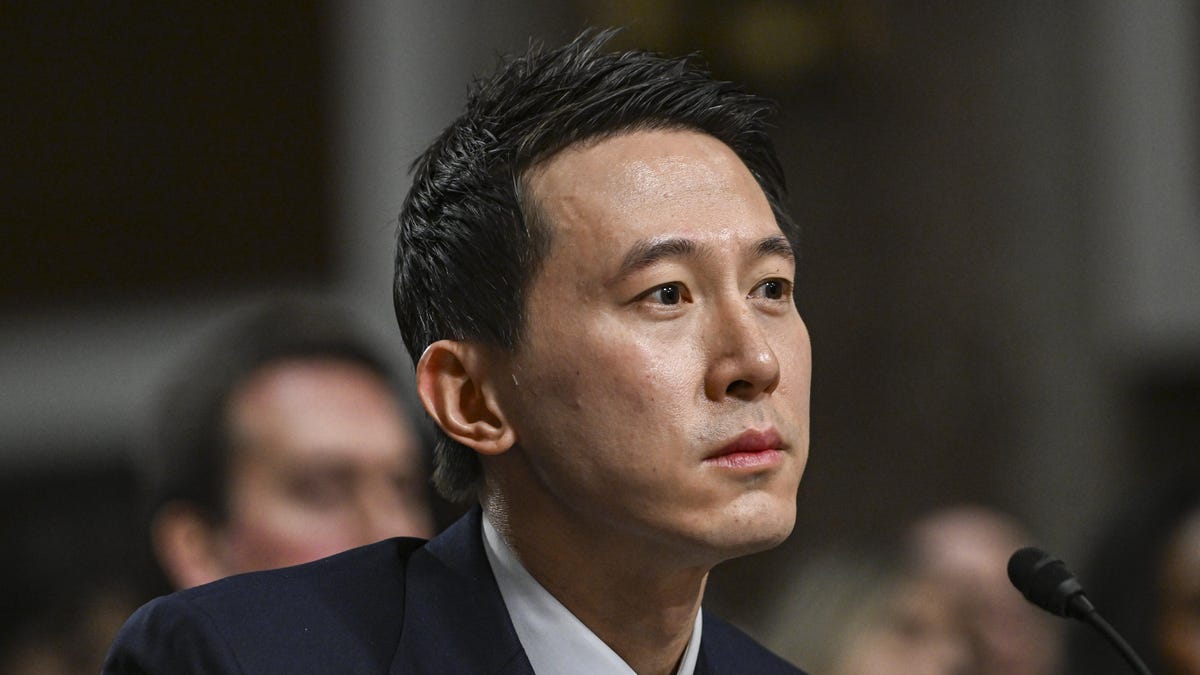The U.S. Senate passed the TikTok bill on Tuesday evening in a vote of 79-18. The bill, which bans TikTok unless Bytedance sells it to a U.S. owner, flew through Congress this week as part of a broader package to provide $90 billion in foreign aid to Ukraine, Israel, and Taiwan. President Joe Biden said in a statement following the Senate vote that he would sign the package as soon as Wednesday, clearing the last hurdle before the TikTok divest-or-ban bill becomes law.
“We’ve learned in recent years that democracy is a fragile and precious thing,” said Senate Majority Leader Chuck Schumer on the Senate floor Tuesday. “It will not survive the threats of this century – the new threats – if we aren’t willing to do what it takes to defend it.”
TikTok is prepared to wage a legal battle against the U.S. government over the so-called ban, Bloomberg reported on Sunday. The social media company claims the so-called TikTok ban is “a clear violation” of the First Amendment rights of TikTok’s 170 million American users. A court case of this kind is unprecedented and could go up to the Supreme Court.
TikTok did not immediately respond to Gizmodo’s request for comment.
The “Protecting Americans from Foreign Adversary Controlled Applications Act,” also known as the TikTok bill, grants the White House new privileges to crack down on apps it determines to be a national security threat. The bill gives U.S. presidents the power to label apps as “foreign adversary-controlled applications” and force them to be sold to a U.S. owner within 270 days, though Biden can extend this to 360 days (a previous version only provided 180 days). If no sale occurs, the apps will be banned from app stores and blocked by internet service providers in the United States.
TikTok has long denied that it shares any data with the Chinese government. However, Senators received classified briefings on TikTok from national security officials in March, which reportedly revealed the app’s “shocking” spy capabilities. Senators told Axios that TikTok could be used to tap the microphone on users’ devices, and even determine what users are doing on other apps. That said, none of this evidence has been made public
A previous version of this bill swiftly passed through the House in March but stalled in the Senate for more than a month. By tying the TikTok bill to a crucial foreign aid package, lawmakers were able to nearly ensure it would be taken up by the Senate.
One concern tech lawyers have raised about the TikTok bill is that it could ban apps other than TikTok. The bill features vague definitions of what constitutes “foreign adversary-controlled applications,” and gives the president a near unchecked power to make such a categorization.
As President Biden seems poised to sign the TikTok bill into law, former President Donald Trump has flipped his stance on the social media app. Trump now supports TikTok’s existence, posting on Truth Social Monday that “Joe Biden is responsible for banning TikTok.” Trump was the first to attempt a TikTok ban in 2020 when he signed an executive order that was later rejected by a federal court.
Trump’s reversal, which seems contradictory, is likely to curry favor with younger voters. Despite the overwhelming support in Congress, a U.S. TikTok ban is not popular with voters. Just 38% of U.S. adults say they would support a TikTok ban, according to the Pew Research Center. If Biden signs the TikTok bill, he’ll appear strong against China, but could potentially lose important swing voters.
TikTok says this bill would “trample” free speech in America, an increasingly popular claim among social media apps. Elon Musk’s X and Trump’s Truth Social make similar First Amendment arguments for their app’s controversial content. Meanwhile, Mark Zuckerberg’s Meta is going in the other direction. Facebook, Threads, and Instagram how vowed not to prioritize news on their social media sites, making duller apps in exchange for less controversy.
TikTok has fought tooth and nail to avoid a U.S. ban under Bytedance’s ownership. The app sent push notifications to millions of American users asking them to call their local congress member. Lawmakers’ offices were flooded with phone calls later that day. TikTok and Bytedance also reportedly spent over $7 million lobbying in Congress this year to fight the potential ban. Those attempts were unsuccessful, so now TikTok is poised to take this battle to court.

